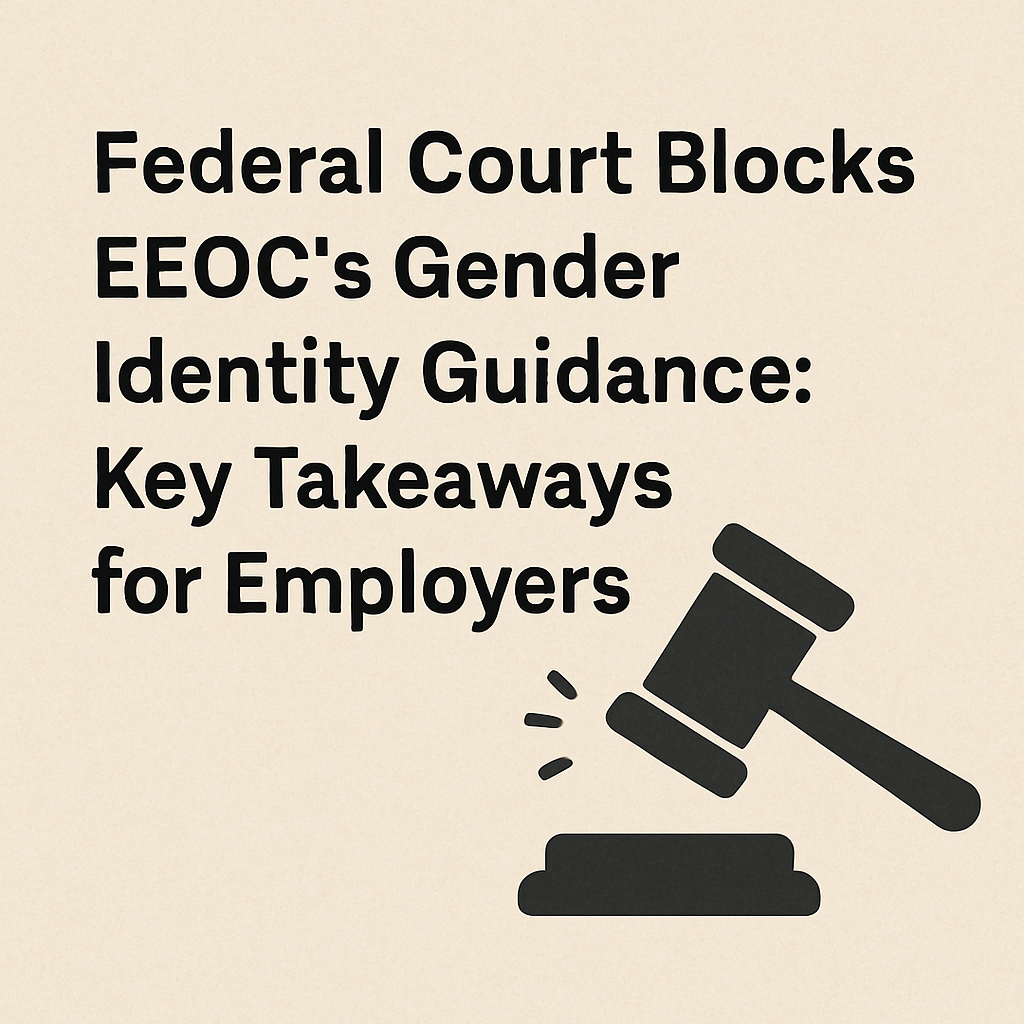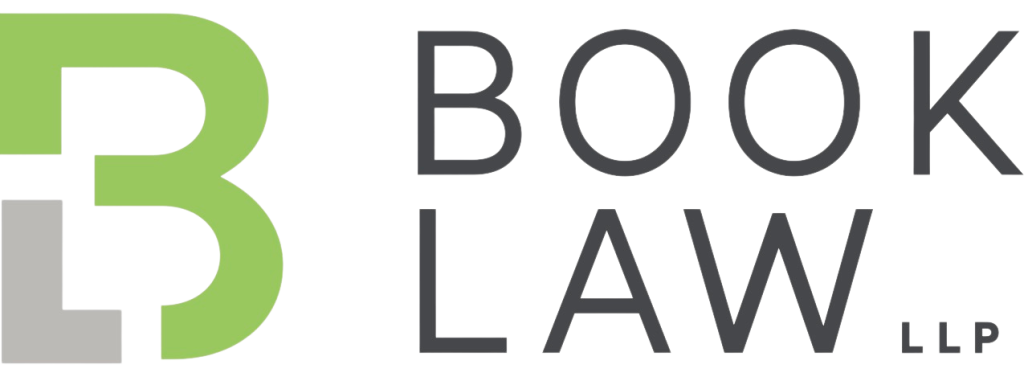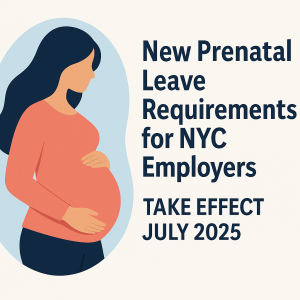Federal Court Blocks EEOC’s Gender Identity Guidance: Key Takeaways for Employers
A recent federal court decision has narrowed the EEOC’s authority to enforce certain gender identity accommodation requirements under Title VII. This case provides helpful clarification for employers navigating evolving workplace obligations in this area.
The EEOC’s 2024 Harassment Guidance
In 2024, the EEOC issued comprehensive workplace harassment guidance. Among its provisions, the guidance treated intentional misgendering, denial of bathroom access, dress code restrictions, and pronoun usage tied to gender identity as forms of sex discrimination under Title VII. The EEOC cited the Supreme Court’s 2020 decision in Bostock v. Clayton County to support its position.
The Legal Challenge and Court’s Ruling
The State of Texas and The Heritage Foundation challenged the EEOC’s interpretation, arguing that the agency exceeded its authority. The federal court agreed, concluding:
- Title VII’s text does not explicitly mandate gender identity accommodations related to restrooms, pronouns, or dress codes.
- Bostock addressed wrongful termination based on sexual orientation or gender identity but did not extend to other employment conditions or accommodations.
- The EEOC’s attempt to broaden Title VII through its guidance went beyond the statute’s scope.
The court vacated only the gender identity portions of the EEOC’s harassment guidance. The remaining portions of the guidance remain in effect.
Practical Implications for Employers
While this ruling limits the EEOC’s ability to enforce certain gender identity accommodations under Title VII, employers should remain mindful that:
- Individual lawsuits based on Title VII and state laws may still proceed.
- Many state and local laws impose separate obligations regarding gender identity accommodations.
- Voluntary workplace policies supporting inclusive practices remain permissible, though not federally required in these specific areas.
Next Steps for Employers
Employers should continue monitoring developments at both the federal and state level, particularly if operating across multiple jurisdictions. Policies related to dress codes, pronoun usage, and restroom access should be carefully reviewed in light of applicable law.
For assistance in reviewing policies or addressing compliance questions, please contact Chaim Book at cbook@booklawllp.com or Sheryl Galler at sgaller@booklawllp.com.


